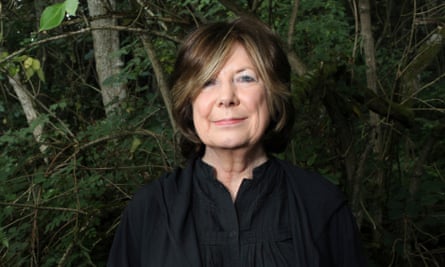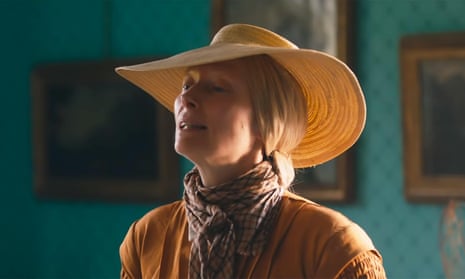All hail maiden aunts
Last week I was installed deep in the bowels of the BBC, where I was recording a series of essays I’d written for Radio 3 – and there I must admit that I did briefly find myself wondering what might happen in the event that the coronavirus hits Broadcasting House. If BBC radio had only a skeleton staff, for instance, what would get priority, You and Yours or Woman’s Hour? (Cue Jenni Murray in a hazmat suit.)
For the most part, though, I was intensely focused on the task in hand. Behind a microphone, I inevitably find myself unable to pronounce perfectly ordinary words. Plus, I must somehow try to resist my craven – and deeply unfashionable – urge to make myself sound posher. The trouble is that I worry about my vowels. If my “aunt” sounds like “ant”, won’t some listeners think I’m talking about insects?
Maiden aunts, that now almost extinct species, feature heavily in my essay The Odd Woman, which is about single women in all their guises, from the surplus generation created by the First World War to the Mateus Rosé-swigging divorcees of the 1970s. Naturally, I’ve included David Copperfield’s beloved aunt, Betsey Trotwood; Sponge and Spiker from James and the Giant Peach also appear. But it’s my own great aunts, Hilda and Vera, who have the starring roles.
As a girl, I understood these two women hardly at all; I was a bit afraid of them, I think. But now I’m middle-aged myself, they feel newly dear to me: I see their great stoicism and pluck, as well as their outlandish hats and snakeskin handbags. It’s very good, even this late in the day, to be able to make amends for the callousness of youth.
Defoe does great plague

In France, sales of Albert Camus’ 1947 novel The Plague have risen sharply in the face of anxiety about Covid-19, while in Britain it seems that most people would rather spend their money on extra loo roll. Literally no one – or not that I’ve heard of, anyway – is racing to buy Daniel Defoe’s 1722 fiction-history mash-up, A Journal of the Plague Year.
This is a shame, and not only because it’s so grimly immediate (the novel purports to be an eyewitness account of the 1665 great plague of London, and thanks to this you can practically smell the death and decay that’s abroad).
Defoe, a journalist first and last, is ever alive to the fact that panic is another contagion, one of the principal symptoms of which is the kind of suspicion that has people desperately hiding their distempers, spots and swollen gums for fear they will otherwise be shunned by their neighbours, and have their houses shut up by the authorities.
Defender of beauty
I knew Fiona MacCarthy, the wondrous biographer of Eric Gill and William Morris, hardly at all. But when I heard that she’d died, I realised how much she meant to me. Having fallen in love with the designer David Mellor (they met in the 1960s, when she went to interview him), this clever, beautiful woman who had once been a debutante came to live with him in Sheffield, my home town – something I could never quite get over.

It sounds silly, but I always felt wonderful about this South Yorkshire leap of faith. Combined with her passionate conviction that beauty has an essential part to play in the raising of human spirits, it made her a heroine to me, and I wish now that I’d taken the chance properly to tell her so.

